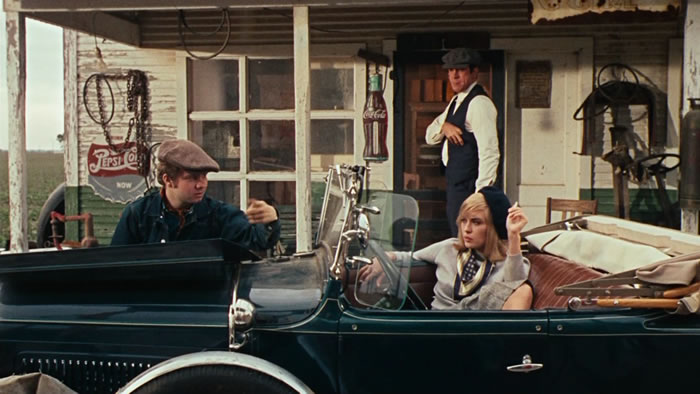Written by Dudley Nichols. From Vereen Bell's novel.Directed by Jean Renoir.1941.
Jean Renoir's Swamp Water is a troublesome picture. On the one hand, it is, as The New York Times allows, Faulknerian in its scope and, despite its many off-set troubles, an intensely personal movie. On the other hand, it occasionally smacks of a certain attitude toward the backwoods southerner that falls just short of barefoot caricature. There are moments that astound--a live snake striking at Walter Brennan, a man screaming to his very last breath in a quicksand bog--and threads that confound, namely the use of "Red River Valley" as a theme song (no cowboys here by a mile) and the mythic status assigned to the swamp by the denizens along its borders. If a whole community of hunters and trappers were to spring up adjacent to a swamp, surely they'd venture into its wilderness and brave it, if only for profit? I like to imagine Dana Andrews seeing Waycross, Georgia, for the first time. It probably helped his scenes as Ben, staggering around in a lost and dangerous land.


















